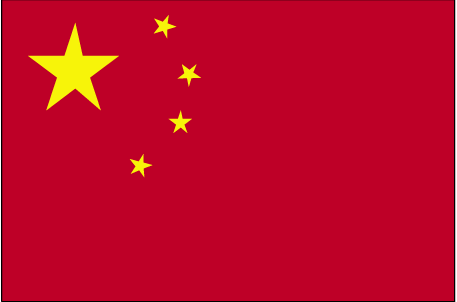Over the course of the last month, Chinese officials have engaged in a systematic campaign to purge dissent in Tibet. These actions are part of a long-term policy to assimilate Tibet into Han Chinese society. With the much anticipated 2008 Olympic Games a few months away, the international community and non-state actors have turned up the heat, demanding that Beijing engage in dialogue with the Dali Lama and stop repression of Tibetans and other minority groups, such as Uighurs. Heads of state have variously threatened and committed to boycotts of participation in the games' opening ceremony. But those calling for the United States and the international community to boycott the 2008 Olympic Games don't understand that the international community has little leverage over China, given it's growing international influence. In addition, they don't seem to realize that boycotts are likely to make the situation in China worse, not better. Beijing has become very apt at manipulating the Asia-Pacific environment by promoting virtually unconditional economic and foreign assistance to the region and engaging in a diplomatic "charm offensive" that is actively challenging the American-led "balance of influence." Witness the actions of India's Foreign Ministry, which recently issued a statement declaring "India does not permit Tibetans to engage in anti-China political activities in India." This is perhaps an indication that China's regional currency is gaining value with one of its most skeptical neighbors. Thus, a boycott is unlikely to be joined by those that have the best chance of influencing Chinese behavior.
China and Tibet: Olympic Boycotts Would be Counterproductive

